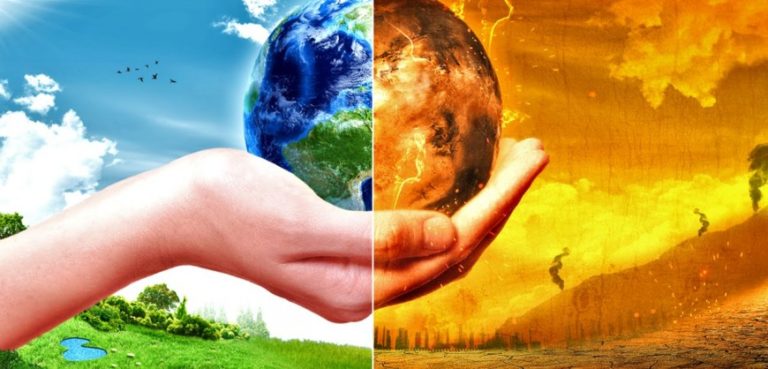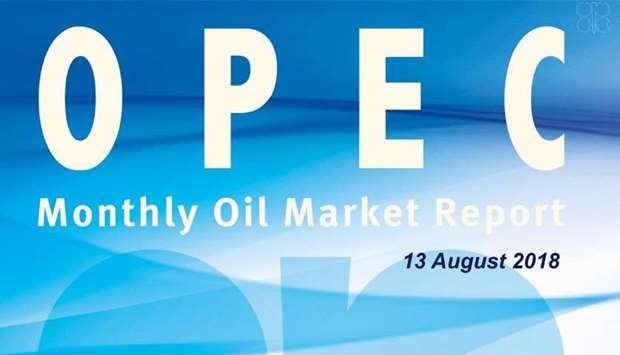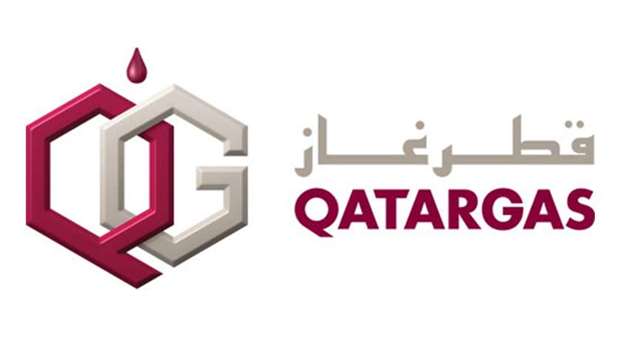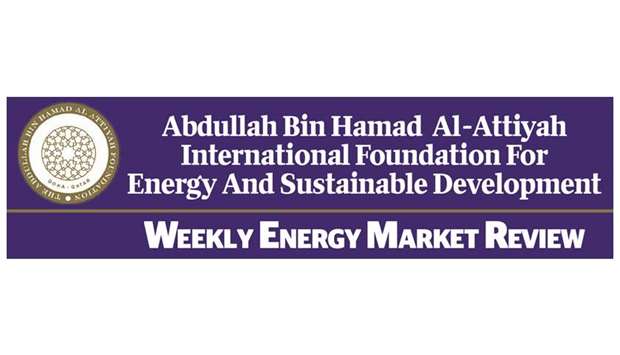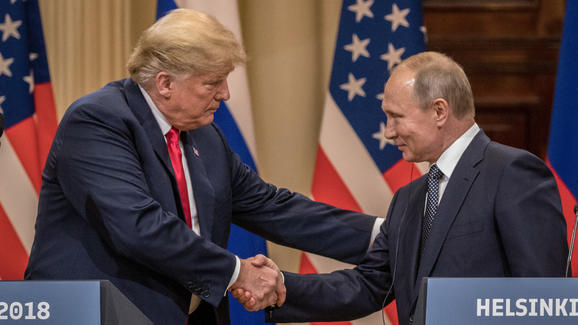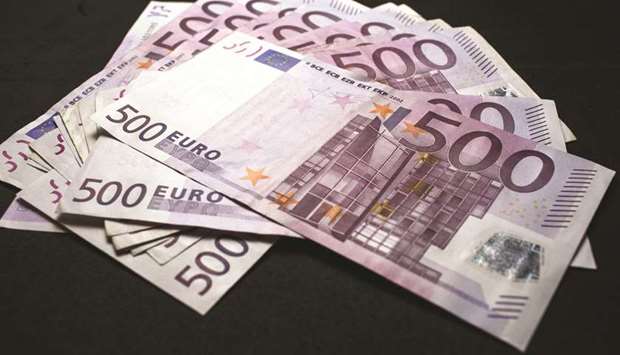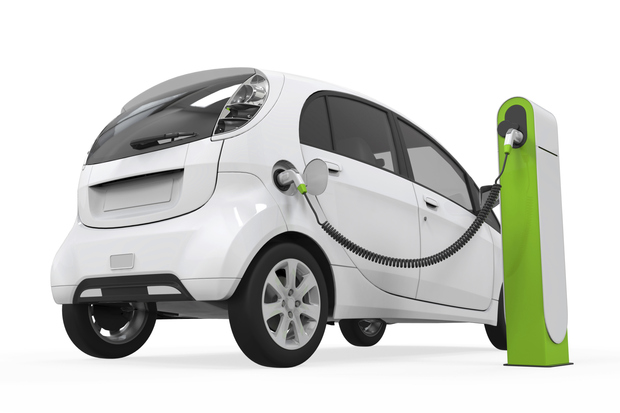EU must grasp world role as U.S. retreats, Juncker says
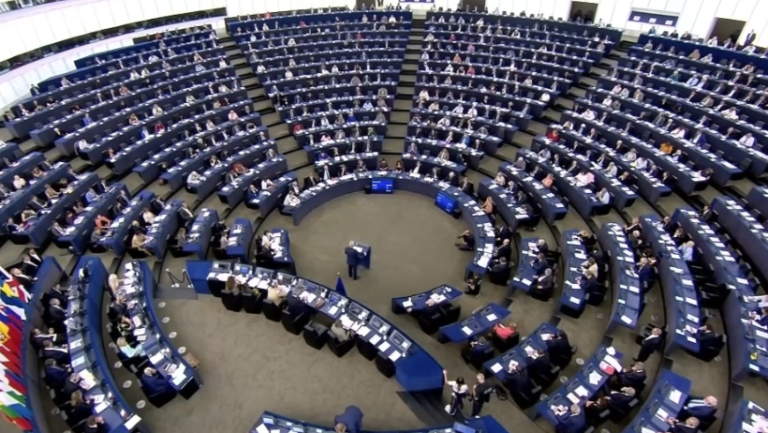
STRASBOURG (Reuters) – The European Union must flex its muscles as a world power, EU chief executive Jean-Claude Juncker said on Wednesday, as he spoke critically of U.S. President Donald Trump’s retreat from international engagement.
In his annual State of the Union address to the European Parliament in Strasbourg, Juncker, who is entering his final year as president of the European Commission, urged EU states to bridge angry divisions over budgets, immigration and other issues in order to capitalize on a chance to shape the world.
“Whenever Europe speaks as one, we can impose our position on others,” Juncker said, arguing that a deal he struck in July with Trump to stall a transatlantic tariff war and which won plaudits for the Commission should have come as no surprise.
Juncker made no direct comment on Trump or U.S. policy but aides said the geopolitical situation he spoke of was a U.S. retreat into what Juncker described elsewhere in the speech as “selfish unilateralism”. He also saw new opportunities to work with China, Japan and others to develop “multilateral” rules.
Some proposals to strengthen the EU’s effectiveness face an uphill battle against member state opposition, notably scrapping national vetoes in some foreign policy areas, such as where economic pressure from the likes of Russia or China on certain EU countries has blocked EU sanctions to defend human rights.
In repeating his support for deeper economic integration, he also pushed the idea that the euro should challenge the dollar as the world’s leading currency, calling it “absurd” that the EU pays for most of its energy in the U.S. currency despite buying it mainly from the likes of Russia and the Gulf states. He said airlines should also buy planes priced in euros not dollars.
Juncker renewed calls for states to push ahead in developing an EU defense capability independent of the U.S.-led NATO alliance and to embrace Africa through investment and a sweeping new free trade area — part of a strategy to curb the flow of poor African migrants which has set EU governments at each other’s throats and fueled a sharp rise in anti-EU nationalism.
EU DIVISIONS
Without naming Hungarian Prime Minister Viktor Orban, Juncker blasted EU leaders who sought to undermine democracy and the rule of law and rejected complaints from lawmakers that the Commission has been lenient toward Hungary, Poland and other eastern states.
Later on Wednesday, the European Parliament voted to sanction Hungary for flouting EU rules on democracy, civil rights and corruption in an unprecedented step that could lead to a suspension of Budapest’s EU voting rights.
At the same time, the Commission put forward a plan to get even tougher on illegal economic migrants whose arrival has so angered Orban and others.
However, the idea of a fully federal European Border and Coast Guard, with its own 10,000-strong uniformed force run from Brussels may hit national resistance.
With an eye on elections next May to the European Parliament, Juncker proposed new vigilance, and penalties, for attempts to manipulate voters. As the centenary nears of the end of World War One, he recalled how Europeans were taken totally by surprise by its outbreak and urged more respect for the EU as a force for peace against nationalistic “poison and deceit”.
He spoke of regret at Britain’s impending withdrawal from the bloc which will mark his five-year mandate and warned Prime Minister Theresa May that the EU would not compromise its single market to let London pick and choose which rules to obey.
In the parliamentary debate which followed his hour-long address, Nigel Farage, of the UK Independence Party, accused him of failing to acknowledge the arrival of eurosceptics in government in Italy and a “populist revolt” across Europe that he said would resist Juncker’s aim to centralize more power.
